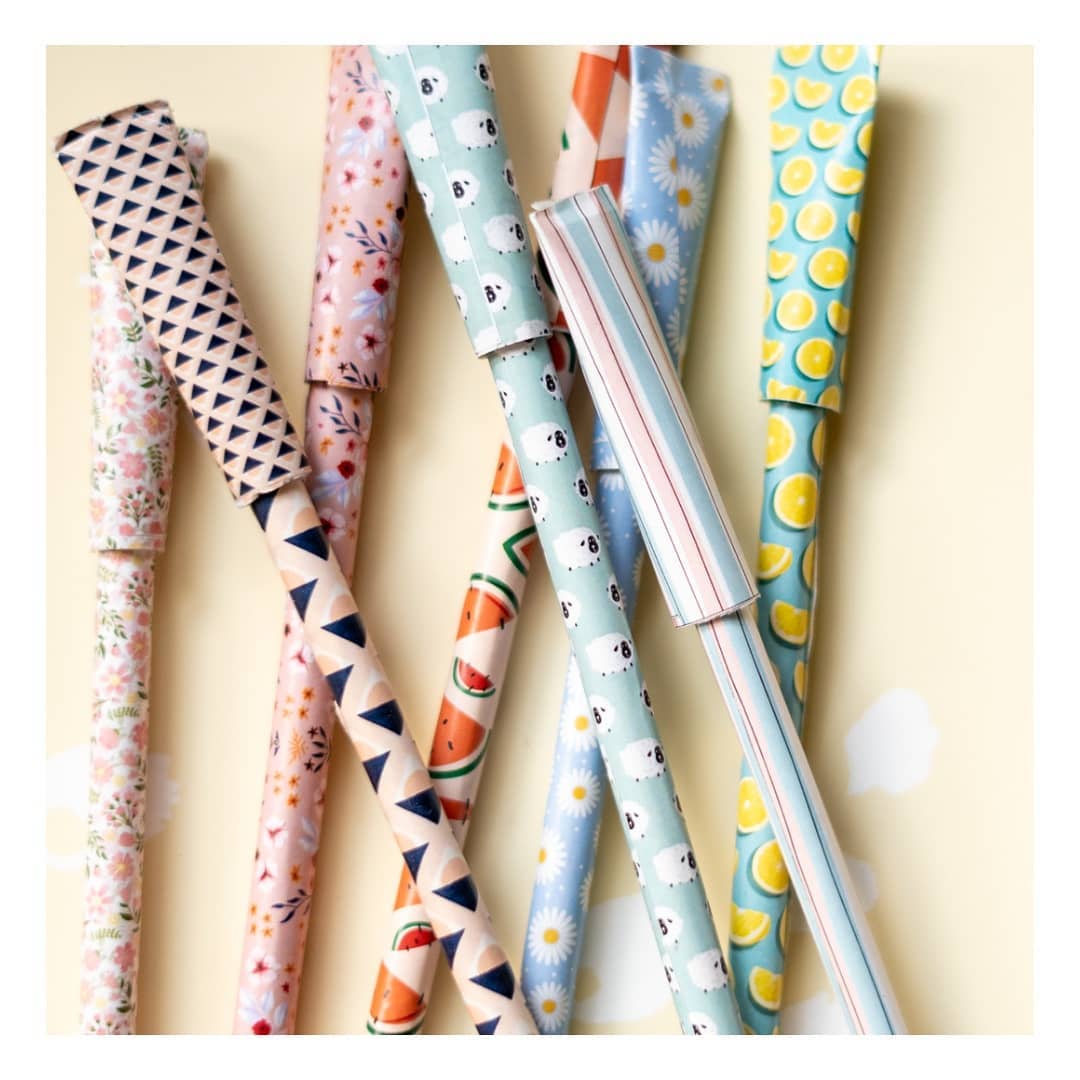Green Business
Kritika Pahwa is Member, Enactus Kirorimal College, Delhi University
Q: How did you conceptualize Syahi? How is it executed?
The project was started with the objective of reducing plastic in the environment, focusing specifically on the harmful single-use plastic which generates an immense amount of plastic waste. We focused on a common object that is used by almost everyone but is often neglected when we talk about single-use plastic- pen. With the idea of creating an eco-friendly alternative for the same, we conducted extensive research and surveys to check the feasibility of producing and selling paper pens and study the need for the same in the market. Multiple rounds of prototyping were conducted to design the best possible product for our consumers. After finalising the design and production technique of the product, we collaborated with an NGO which connected us to a community of underserved migrant women who would become the beneficiaries of Project Syahi. These women were then extensively trained in the production process. Project Syahi was finally launched in September 2019 and we haven’t looked back since. Syahi pens are made of upcycled paper with minimal and basic raw material. They can be customised into any design/colour and also have a plantable seed attached at the rear end. Our community of underserved women community carefully handcraft each pen and earn for the same. For marketing the pens, we use both the B2B and B2C channels.
Q: What is the outreach of the project and how is it funded?
Project Syahi has established itself as a strong player in the market through the years and has a wide reach. Our pens are ordered by corporations and households alike. At a B2C level, our pens have been ordered by corporations like IBM and CNBC, hospitals like AIIMS, schools like The Don Bosco School and DPS Indirapuram, pharmaceuticals like Avrohn Pharma and conferences like MUNs. In addition to this, we have received letters of recognition from esteemed authorities like the Ministry of Social Justice and Empowerment and Krishi Vigyan Kendra. In terms of funding, we are a successful profit-making business and hence are self-sufficient in our operations.
Q: What challenges do you face in the implementation of this project?
The typical consumer today opts for the cheapest and most conventional alternative in any product. Although our focus has been on bringing a shift in the consumers' mindset to be environmentally conscious and make the choice to go green, there is still a large section of society that prefers buying cheap plastic pens. Also, the rapidly digitalising world has affected the need for pens as there is a shift towards a paperless life. However, there is still a substantial market available for pens. Other challenges that we face include maintaining consistency in the quality of the pens and competing with other brands selling eco-friendly pens.
Q: What are your future goals?
We aim to expand our product line by making more sustainable stationery items such as diaries available to our customers. We also aim to have multiple production locations set up across the country to widen the distribution of our products and make it more efficient. We also want to ensure the holistic development of our community to better their living conditions not only by helping them become financially independent but also by educating them on various aspects. Our ultimate goal is to make the project completely sustainable and hand it over to our community to turn them into independent entrepreneurs who will run it by themselves.




.jpg?resize=780%2C450&ssl=1)












Leave a comment